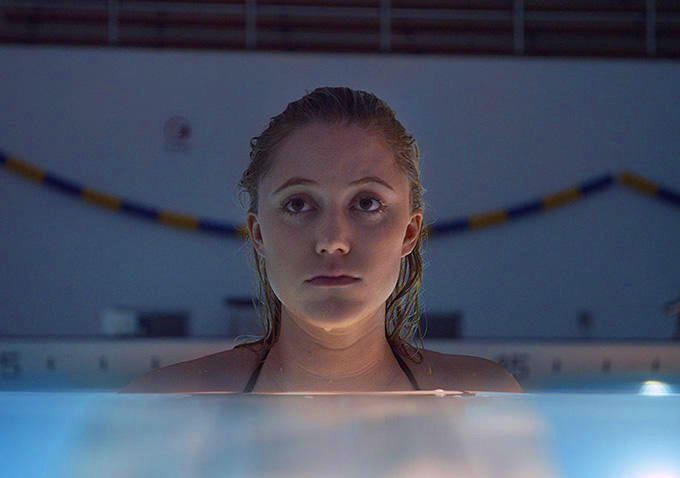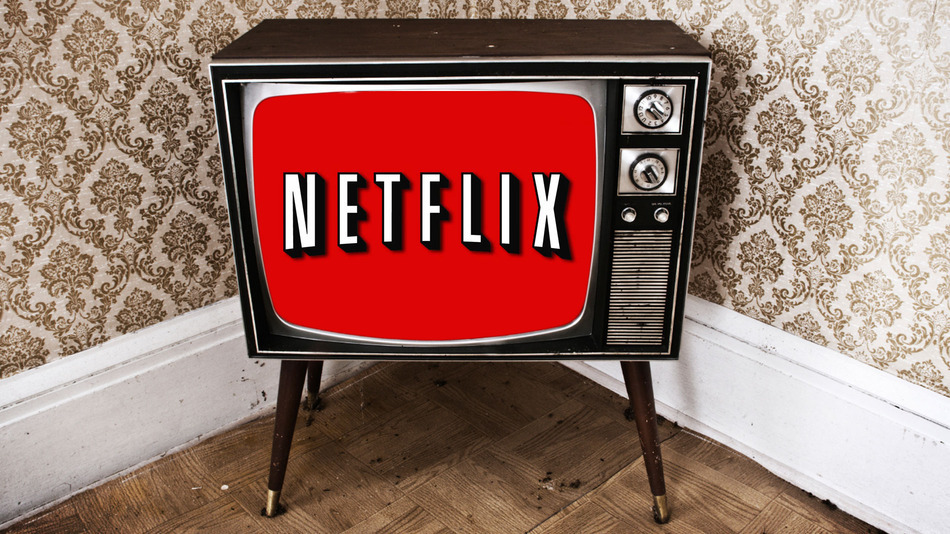This article was suggested by a sentence in a previous essay by Mr. Alex Bean.
I’m the type of film lover who pays more attention to directors and writers than movie stars, and in the years since my return to the Midwest, one director who has gotten a prominent place on my watching list is Tom Hooper. Hooper has a unique set of artistic strengths, and more importantly, he makes terrific work. John Adams is one of the greatest television productions I’ve ever seen, and The King’s Speech is a type of film I love discovering: smart, witty, and full of emotion without ever feeling manipulative.
But though his work is in the first rank of quality, Hooper himself is a more dubious figure on my critical scale. It still rankles that he won the Best Director Oscar for 2010 over David Fincher and the Coen Brothers. Hooper’s filmmaking style is unimaginative, stagey, and technically dull. However, Hooper’s main goal in his films, I am convinced, is to let the actors take over. In his films and shows, every line of dialogue, every gesture, even every spot within the scene where a player stands, feels upon analysis to be as thought out and practiced as possible. I say “upon analysis” because in the immediate experience of watching, the actors are so confident and so dedicated as to mesmerize. Watch Paul Giamatti and Laura Linney in John Adams, Colin Firth and Geoffrey Rush in The King’s Speech, and you basically get an acting-for-the-screen clinic.

And to think they’d made “The Nanny Diaries” just a year before.
Which is why Hooper may have been the best choice to direct the long-gestating film version of Les Miserables, a film primed and ready for the Oscar season along with Mr. Bean’s choices Django Unchained and The Great Gatsby.
[Read more…]
 Horror in Society
Horror in Society

